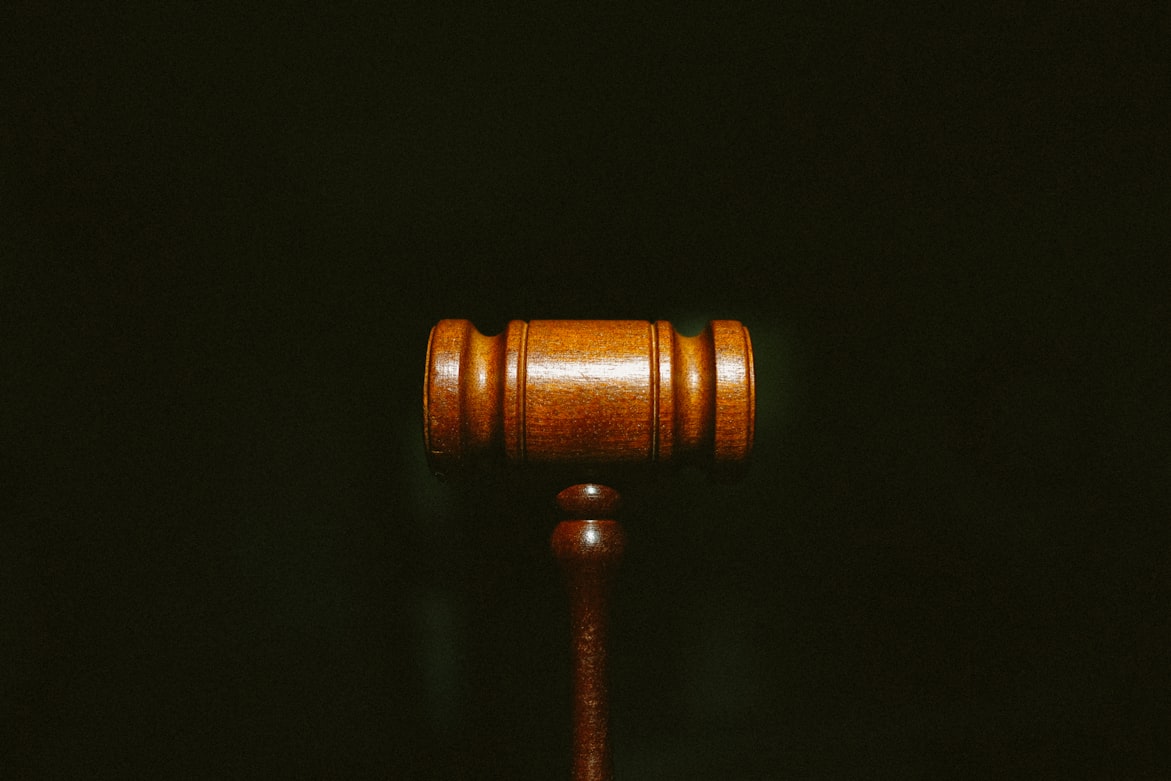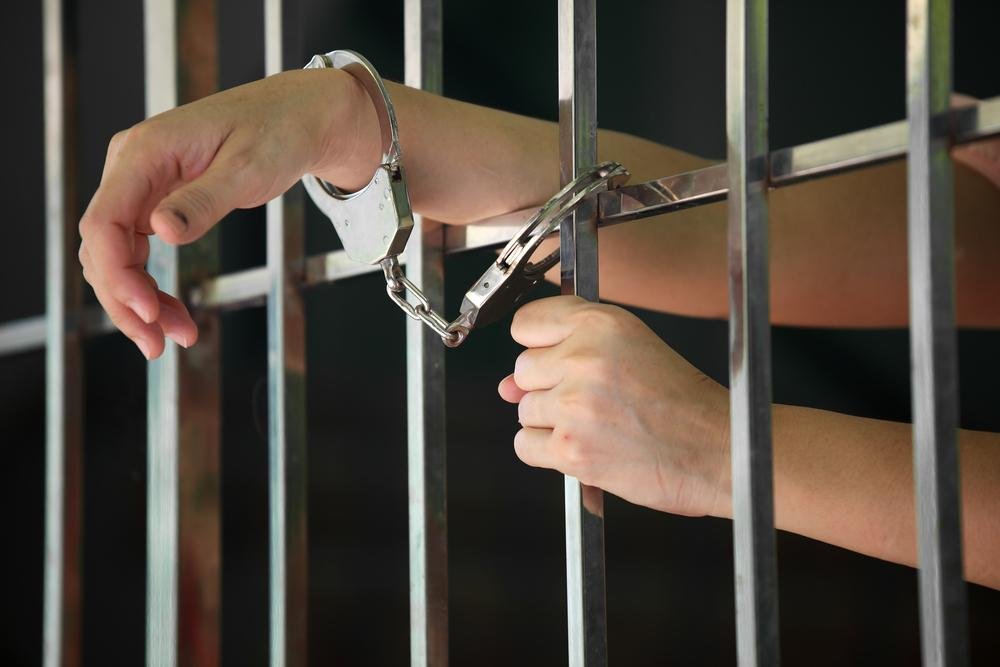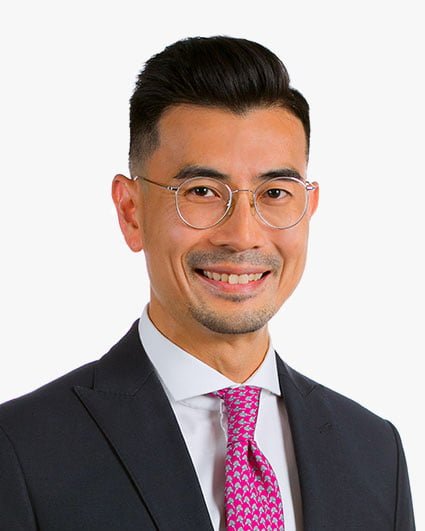What It Means By Pleading Guilty In Singapore
[Important Things To Know]
Facing criminal charges can be a daunting and intimidating experience, especially if you don’t know where to turn for help.
Choosing to plead guilty is a serious decision that can have lifelong consequences.
If you’re not sure what to do, it’s essential to get legal advice from an experienced Criminal Defence Lawyer.
Tembusu Law is a leading Singapore law firm with over 20 years of experience defending people accused of criminal offences.
Our lawyers at Tembusu Law will assist you in preparing well for the hearing by helping you understand the procedure of pleading guilty, what you need to prepare beforehand, and how to handle the situation during the hearing.
WHAT DOES PLEADING GUILTY IN SINGAPORE MEAN?
Pleading guilty in Singapore means the accused admits to having done the crime(s) for which they have been charged and agrees to the charge(s) that the prosecution has brought.
An accused does not have to plead guilty to all the charges the prosecution has brought against them; they can plead guilty to only specific charges which apply to their case.
WHAT HAPPENS ONCE YOU PLEAD GUILTY IN SINGAPORE?

Pleading guilty in Singapore means admitting fully and unconditionally to committing a criminal offence or criminal charge. You must appear before the Courts for a guilty mention after you have indicated your desire to plead guilty in the Singapore Courts.
STEPS TO PLEAD GUILTY IN SINGAPORE
The procedure for pleading guilty in Singapore generally involves the following steps:-
| STEP 1 | Attending the mentions in Singapore. Usually, you or your criminal defence lawyer attends the mentions at Court 4 (A) or Court 4 (B) at the Singapore Courts. |
| STEP 2 | At the Court, the Judge will inform you of your choice to plead guilty in Singapore or claim trial. You will also be allowed to seek legal advice concerning your guilty plea. |
| STEP 3 | It would be best if you considered writing a letter to the Attorney General’s Chambers (AGC) outlining the facts of your case and explaining why the AGC should drop charges against you, reduce the charge, or pursue a specific outcome of consideration for sentencing based on your personal circumstances. You may wish to write more letters than one if your matter progresses further. |
| STEP 4 | You should carefully consider the facts and the law surrounding your particular situation and decide whether or not to plead “guilty” to the charges you face. You or your defence lawyer must inform the Singapore Courts that you intend to plead guilty when you appear in the Courts. Your case will then proceed to a hearing for pleading guilty in Singapore on a later date. |
| STEP 5 | Our defence lawyers will prepare a Mitigation Plea and file it with the Singapore Courts. |
| STEP 6 | Attending the Plead Guilty Hearing. You will be informed of the charges and statement of facts. It is critical to ensure that the statement of facts is accurate and consistent with your version of events at this stage. It would be best to dispute any inaccuracies in the material facts. |
| STEP 7 | If both you and your lawyer agree on the statement of facts and the Court is satisfied you understand the ramifications of pleading guilty in Singapore, the Singapore Courts may accept your plea of guilt and convict and sentence you accordingly. |
PREPARING FOR YOUR MITIGATION

The Mitigation Plea is a critical component of how the Judge determines your case. You need to know the law regarding your offence and present relevant mitigating factors without qualifying your plea. This will significantly impact how the Judge rules on your sentence.
A mitigation plea is a statement made by you or your lawyer on your behalf that contains specific critical information about you or the circumstance of the offence that may lead to a lighter sentence. The main intention is to persuade the Singapore Courts to exercise a lenient sentence. To find out more about what to include in your plea and how to submit your mitigation plea, do check out this page.
HOW CAN A LAWYER HELP YOU PLEAD GUILTY IN SINGAPORE?

An experienced Criminal Defence Lawyer will help you understand the process and the law surrounding your case. Each aspect of this process of pleading guilty in Singapore is critical because your final sentence could significantly affect your life and your prospects for the future.
It is always best to have an excellent Criminal Defence Lawyer walkthrough and advises you throughout any legal process. As a leading defence lawyer law firm in Singapore, Tembusu Law can help you in:-
UNDERSTANDING YOUR CHARGES/RIGHTS TO PLEAD GUILTY IN SINGAPORE
An experienced lawyer in the procedures of pleading guilty can help you understand the charges against you and provide legal advice on how to proceed, especially if you are unsure whether to plead guilty to the charges. At Tembusu Law, we will always help you understand your options and ensure you make an informed decision about what you choose to do next.
PREPARING LETTERS OF REPRESENTATION
Representing yourself in the Singapore Courts is not an easy task. Not only is it intimidating, but you will also need to understand the law surrounding your crime as well as the circumstances of your particular situation. Our lawyers will analyse every facet of your charge and draft up a well-crafted letter of representation which will be advantageous for your unique case.
REPRESENTING AND ACTING ON BEHALF OF YOU
At Tembusu Law, our lawyers will represent you and ensure that you do not make unnecessary mistakes when pleading guilty in Singapore. Our lawyers will also work tightly with the prosecution to ensure that there are not any untrue facts in the statement of facts that could affect your culpableness.
CONCLUSION ON HOW TO PLEAD GUILTY IN SINGAPORE
Choosing to plead guilty in Singapore involves a careful and informed approach. Ensure you fully understand the charges and possible consequences.
It’s always best to engage a competent Criminal Defence lawyer to guide you through the process, including crafting a comprehensive mitigation plea so they can help present your circumstances clearly to the Court, potentially resulting in a more favourable outcome.
Proper legal representation ensures your rights are protected and the plea is effectively managed. For expert guidance and support in your legal matters, contact Tembusu Law for a free consultation and comprehensive legal services.
FREQUENTLY ASKED QUESTIONS ON HOW TO PLEAD GUILTY IN SINGAPORE
Is It Better To Plead Guilty?
When a defendant decides to plead guilty in Singapore, they face the case head-on. It means that they will be better able to resolve the case sooner than if they had waited a year or more before settling it in a criminal trial.
Another advantage of pleading guilt is that the cost of hiring a lawyer is usually cheaper if the lawyer does not need to go to trial. The chances at trial may not be a guarantee, and the costs associated with trials may also play a role in determining whether or not it is worth pursuing.
Why Might An Accused Wish to Plead Guilty?
An accused may plead guilty if they are remorseful for the offence committed. Pleading guilty in Singapore is viewed as an indication of remorse and is a factor that can mitigate the sentence given to the accused. It means that pleading guilty can also reduce the punishment for committing an offence.
Why Might an Accused Wish Not to Plead Guilty?
An accused who pleads not guilty means that they are exercising their right to challenge the prosecution’s case against them.
If an accused believes that the prosecution has not provided sufficient grounds against them, they may choose not to plead guilty. If there is insufficient proof, the Judge may find the defendant not guilty and acquit them of the charges.
Due to the difficulty of retracting a plea, the accused may consider pleading guilty if they are unsure of their chances of conviction. It will allow the Judge to review the evidence and determine whether the accused is guilty of the crime.
Can the Court Reject a Guilty Plea?
The Singapore Courts will reject a guilty plea if they find that the accused did not make the plea himself, did not understand the true nature and consequences, and did not make the plea without qualification against the charges they faced.











